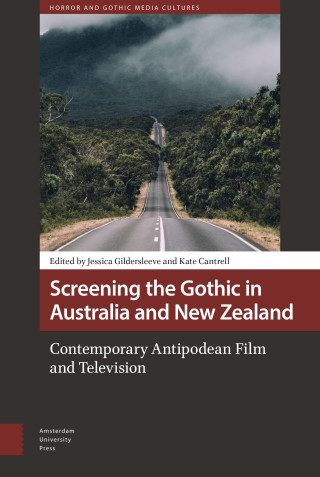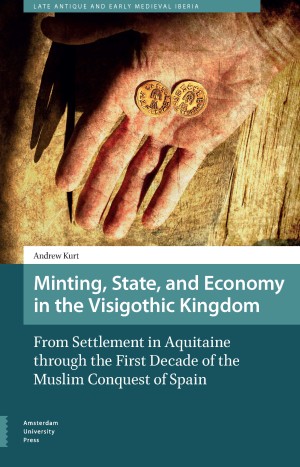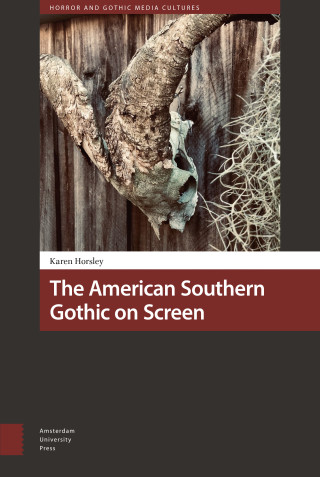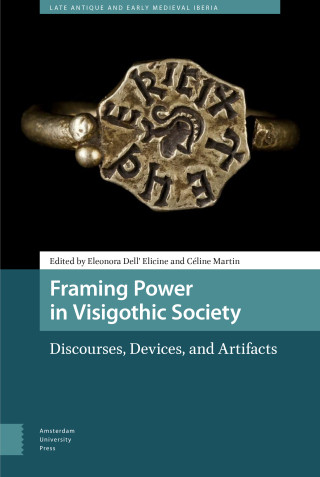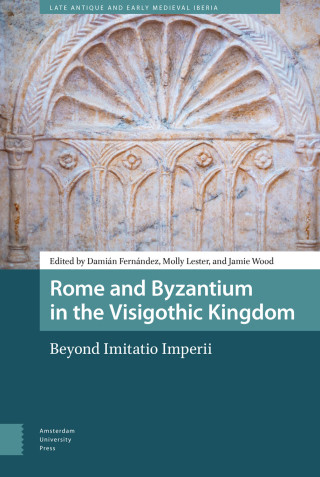"Kurt has made an outstanding effort of assembling this large and challenging body of work and placing it in the context of economic and political questions of wider interest. [...] The Visigothic kingdom has been relatively neglected by anyone other than its specialists—due partly to its abrupt historical end and partly to the deficiencies of the sources—but Kurt’s book turns this situation around completely. Although many of his conclusions will be debated, by bringing together a major body of neglected evidence for the actual functioning of a post-Roman successor state, he has put the Visigoths in a central position for any progress in understanding the development of early medieval states from the legacy of late antiquity."
- David Yoon, American Numismatic Society, Speculum 96/4 (October 2021)
"The monograph is an exemplary work of inter-disciplinary scholarship that draws from the work of previous numismatists and those who are currently active. It is a fine blend of history and archaeology. [...] Institutions are encouraged to make room for this book in their collections to give access to all those interested, academic and novice alike. [...] Andrew Kurt is to be lauded for such a superb work of scholarship that will for sure have an important place in Visigothic numismatics from this point forward."
- Alberto Ferreiro, Francia Recensio, Mittelalter - Moyen Âge (500–1500), 2021, 1
"Estamos ante una obra que cubre gran parte de las lagunas persistentes hasta el momento en el campo de la numismática visigoda y que, sin duda, se convertirá en una referencia obligada."
- Cruces Blázquez Cerrato, Zephyrus: Journal of Prehistory and Archeology 2020, 86
"Kurt’s book is both an important and significant contribution to scholarship on Visigothic fiscal, numismatic and governance issues. [...] Kurt succeeds in mediating the complexities of the historiographical issues and renders these into a tight and well-structured argument based on impressive technical and historical foundations."
- Christopher Heath, Al-Mas.q, Vol. 34, Iss. 1
